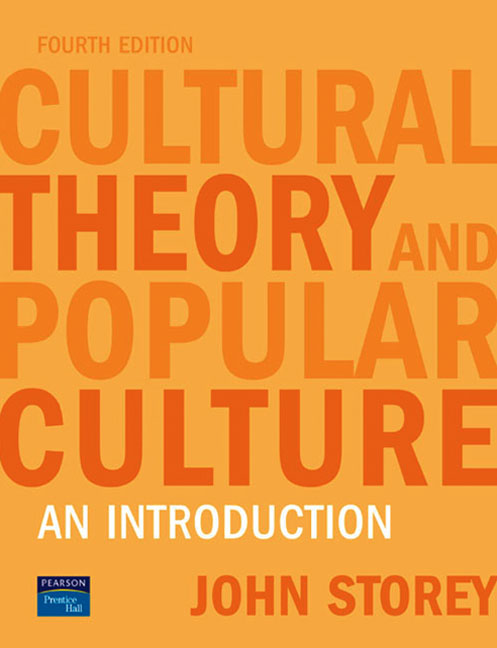Talk about timely.
Leonard Nimoy sits down to talk with Steven Colbert about the problems with the way the idea of "conventional" beauty is formulated and sold.
Check it out and pay special attention to Colbert's commentary--even though it's sarcastic, it's incredibly insightful and critical:
Again, the discussion is aimed directly at girls...is this a good approach? The correct approach? And how do we feel about Leonard (Len) Nimoy discussing this? Could he have other interests than what he is saying? (Does he have a movie coming out or something?) Is what he talking about hegemony? And in that scheme, does he become an organic intellectual.
Thanks to your classmate Chris for passing this along--proving that we're truly on the cusp of things in this class!
Subscribe to:
Post Comments (Atom)



4 comments:
Perhaps this book is an extreme approach to remedy the media's effects. But I do know that when a friend was battling anorexia, images of "normal" women and larger women helped her realize that her weight was an unhealthy obsession. I made her coasters with Ingres' Turkish Bath, and a few friends of mine painted her pictures which portrayed women in a more realistic light. To this day she still has those paintings and is a much happier weight.
It is entirely possible that Mr. Spock's book sends good messages. But from what I saw, the women he had in his book were at an extreme weight, and that makes me wonder whether it is helping little girls or glorifying American obesity.
So, to review, you used another cultural image to counter-act the damage of prior cultural images...what does that say about the power of culture...and the difference of time and what is beautiful.
If you look back at paintings from the Italian Renaissance, the women depicted are not far different from those in Nimoy's book...obviously they're not celebrating American obesity. They were considered beautiful at the time.
And "obesity" as a concept is now a medical diagnosis...does that have any place in a discussion about beauty (I don't know maybe it does...)
And is this book targeted at little girls? Or middle-aged women?
Great post, Monica. Thanks for throwing this out there!
Culture is extremely powerful. Unfortunately, some people are a lot more affected by media than others.
I think that health is an important part of beauty. I'm talking about extremes. Just as Kate Moss's emaciated body was unhealthy looking, I think that an overly overweight person is unhealthy looking. Now, I'm not saying that all of the women in Nimoy's book were unhealthy. But there is a chance that some sort of line is crossed with particular models. But that would be setting a standard again. Dang, life is hard!
This video just brought me back to an episode of Maury that had severely overweight, scantily clad women yelling, "I'M A STRIPPER AND I'M BEAUTIFUL!" While they weren't entirely wrong, they were scantily clad on a tv show... that just screams unhealthy.
Nimoy's claim is that everyone is beautiful, and that is true.
I'm not going to say that the book is limited to only an audience of little girls. It's a book that's available to everyone. It should be in the hands of men and women, boys and girls. I was just responding to what Nimoy says in the video: "particularly where young ladies are involved..."
I think you're points are absolutely well taken. And now that I've thought about it, I think you're right, but in a non-sociological way. should we counteract "unhealthy" body images on the skinny side with just as "unhealthy" images on the fat side...no. But that is out of the purview of sociology. What is interesting is that Nimoy did this and is being lauded a hero for it.
I do agree that his directing it to girls is problematic, especially because so much of the gendered body image comes from the male side of the social coin. That's kinda hideous.
What I think is also interesting is just my own response to the images. When I see the pictures I do not think "beautiful." That's a conditioned response...I've been taught what "beautiful" is, which is an ideology. So much so that I "know" what beautiful is and it's not that. It just so happens that "beautiful" is still unhealthy no matter how you slice it.
Post a Comment